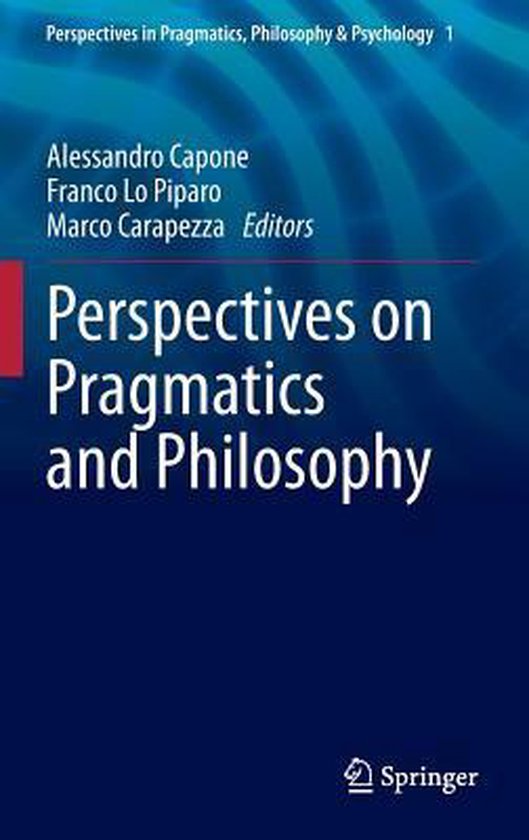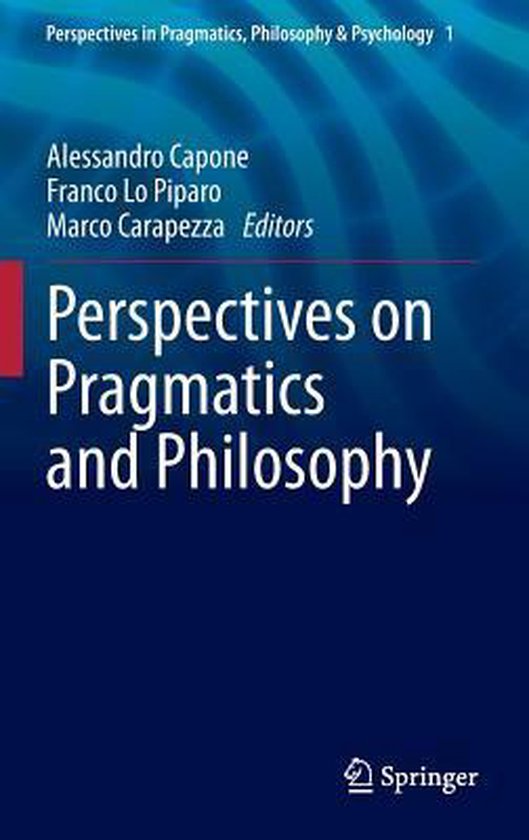De Boeken van Wouter
Perspectives on Pragmatics and Philosophy
Perspectives on Pragmatics and Philosophy
No se pudo cargar la disponibilidad de retiro
Verzending is beschikbaar op maandag en vrijdag
Meestal verzonden binnen 1–4 dagen na bestelling
4 boeken kopen = 3 betalen
Gratis verzending vanaf €25
Titel: Perspectives on Pragmatics and Philosophy
Bindingswijze: Hardcover
EAN: 9783319010106
Conditie: Goed
Let op: Hieronder staat een algemene beschrijving van hoe wij onze conditietypes classificeren. Als u een nauwkeuriger beeld wilt of specifieke vragen heeft, stuur ons dan een bericht en we kijken het graag voor u na.
Conditie-omschrijvingen:
- Als Nieuw: Nauwelijks gebruikssporen, bijna als nieuw.
- Goed: Kan lichte gebruikssporen vertonen, zoals wat verkleuring of een naam op de schutbladen, maar doorgaans geen onderstrepingen of aantekeningen in de tekst.
- Redelijk: Boek in redelijke staat. Kan gebruikssporen vertonen, zoals verkleuring, leesvouwen in de rug, onderstrepingen, aantekeningen, lichte vervuiling aan de randen, ezelsoren of een kromme rug.
- Nieuw: Boek is nieuw.
Beschrijving:
Perspectives on Pragmatics and Philosophy
This book is about the pragmatics of language and it illustrates how pragmatics transcends the boundaries of linguistics. This volume covers Gricean pragmatics as well as topics including: conversation and collective belief, the norm of assertion, speech acts, what a context is, the distinction between semantics and pragmatics and implicature and explicature, pragmatics and epistemology, the pragmatics of belief, quotation, negation, implicature and argumentation theory, Habermas’ Universal Pragmatics, Dascal’s theory of the dialectical self, theories and theoretical discussions on the nature of pragmatics from a philosophical point of view.
Conversational implicatures are generally meaning augmentations on top of explicatures, whilst explicatures figure prominently in what is said. Discussions in this work reveal their characteristics and tensions within current theories relating to explicatures and implicatures. Authors show that explicatures and implicatures are calculable and not (directly) tied to conventional meaning.
Pragmatics has a role to play in dealing with philosophical problems and this volume presents research that defines boundaries and gives a stable picture of pragmatics and philosophy. World renowned academic experts in philosophy and pragmalinguistics ask important theoretical questions and interact in a way that can be easily grasped by those from disciplines other than philosophy, such as anthropology, literary theory and law.
A second volume in this series is also available, which covers the perspective of linguists who have been influenced by philosophy.
This book is about the pragmatics of language and it illustrates how pragmatics transcends the boundaries of linguistics. This volume covers Gricean pragmatics as well as topics including: conversation and collective belief, the norm of assertion, speech acts, what a context is, the distinction between semantics and pragmatics and implicature and explicature, pragmatics and epistemology, the pragmatics of belief, quotation, negation, implicature and argumentation theory, Habermas’ Universal Pragmatics, Dascal’s theory of the dialectical self, theories and theoretical discussions on the nature of pragmatics from a philosophical point of view.
Conversational implicatures are generally meaning augmentations on top of explicatures, whilst explicatures figure prominently in what is said. Discussions in this work reveal their characteristics and tensions within current theories relating to explicatures and implicatures. Authors show that explicatures and implicatures are calculable and not (directly) tied to conventional meaning.
Pragmatics has a role to play in dealing with philosophical problems and this volume presents research that defines boundaries and gives a stable picture of pragmatics and philosophy. World renowned academic experts in philosophy and pragmalinguistics ask important theoretical questions and interact in a way that can be easily grasped by those from disciplines other than philosophy, such as anthropology, literary theory and law.
A second volume in this series is also available, which covers the perspective of linguists who have been influenced by philosophy.
Share

